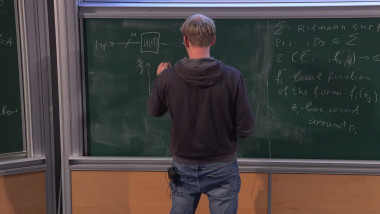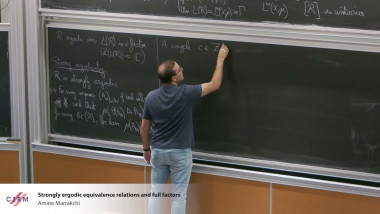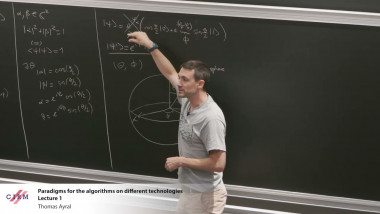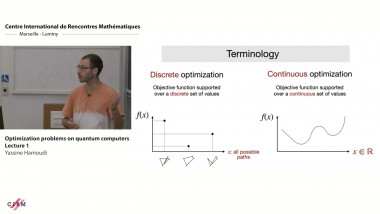Appears in collection : 2017 - T3 - WS1 - Operator algebras and quantum information theory
Ground states of local Hamiltonians are typically highly entangled: any quantum circuit that generates them (even approximately) must be sufficiently deep to allow coupling (entanglement) between any pair of qubits. Until now this property was not known to be "robust" - the marginals of such states to a subset of the qubits containing all but a small constant fraction of them may be only locally entangled, and hence approximable by shallow quantum circuits. In this work we construct a family of commuting 16-local Hamiltonians for which any 1-10^{-9} fraction of qubits of any ground state must be highly entangled. This provides evidence that quantum entanglement is not very fragile, and perhaps our intuition about its instability is an artifact of considering local Hamiltonians which are not only local but spatially local. This result is related to conjectures in quantum coding theory, topological order and complexity theory which I will discuss. Our Hamiltonian is based on applying the hypergraph product by Tillich and Zemor to a classical locally testable code. A key tool in our proof is a new lower bound on the vertex expansion of the output of low-depth quantum circuits, which may be of independent interest. Based on [arXiv:1510. 02082, FOCS 2017] which is joint work with Lior Eldar.
















